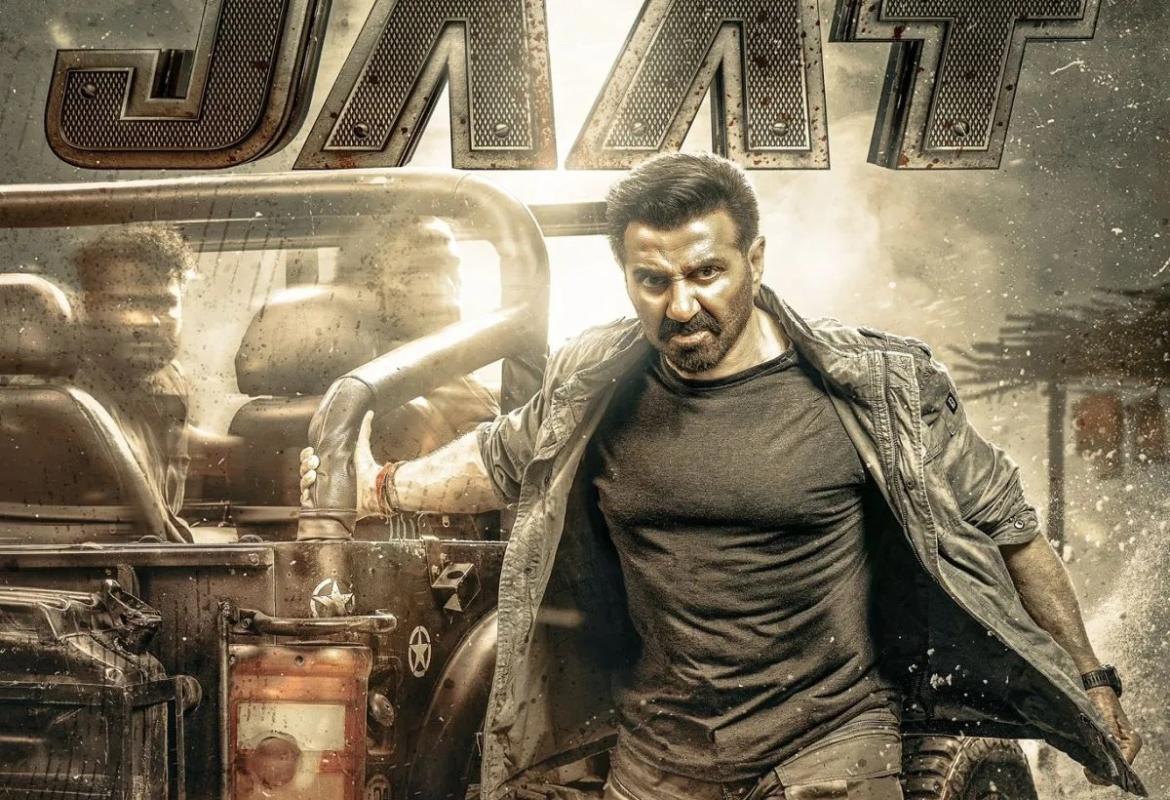Can tracking rape in conflict prevent genocide?
Arguing that "one of the basic tenets for preventing genocide, after all, is the understanding that it is a process, not an event", Zucker drew attention to the example of Rwanda in 1994:
"Tutsi women were often raped with objects such as sharpened sticks, destroying their internal organs so they couldn’t bear any more children. This assault on bodily and reproductive functions, on a group’s life force, reveals the perpetrators’ aim of destroying the group as a whole."Highlighting conflicts in Burma, Sri Lanka and the Democratic Republic of Congo, Zucker added,
"Looking through this lens, we may recognize genocide, or the risk of it, in a number of conflicts around the world that most observers have yet to consider “genocidal.”
"Sri Lanka: Although armed conflict between the government and the Liberation Tigers of Tamil Eelam (LTTE) ended in 2009—a conflict that saw many instances of state security forces raping Tamil women in reprisal for rebel attacks—Human Rights Watch has reported that “politically motivated sexual violence by the military and police continues to the present.” Here, too, in addition to systematic rape of Tamil men and women in custody by members of the army, police, and pro-government paramilitary groups, life force atrocities have occurred.


